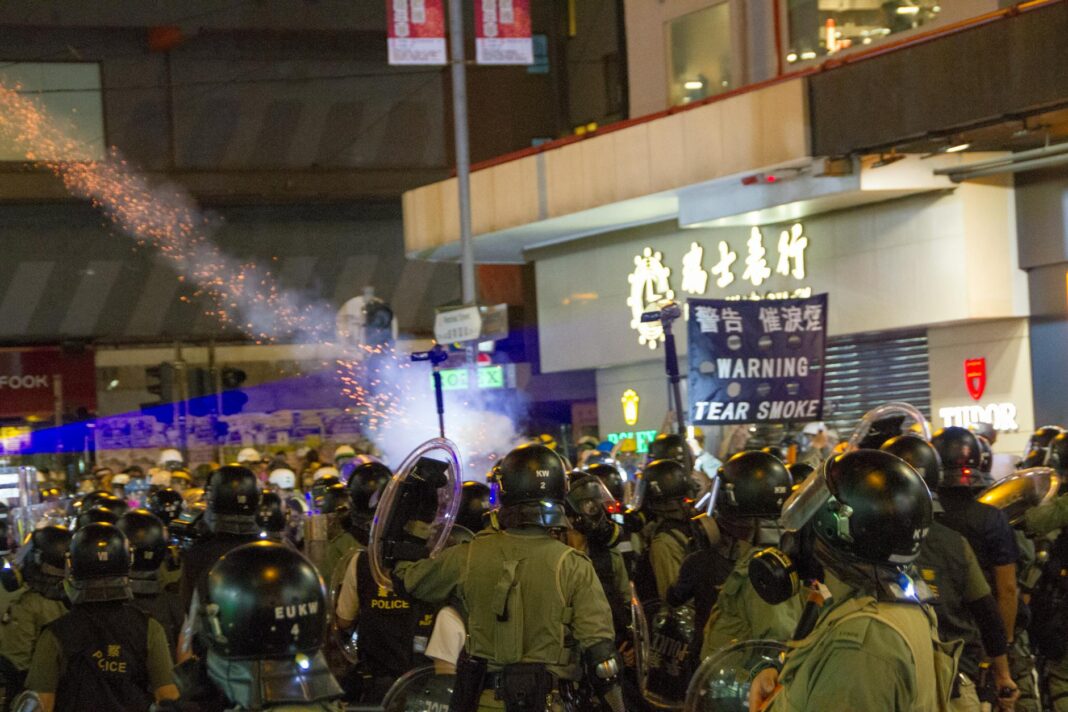Shifting Strategies in Political Engagement
In the wake of recent violence, political leaders are grappling with heightened security concerns that have dramatically altered their public engagement strategies. The assassination of conservative activist Charlie Kirk has sent shockwaves through political circles, prompting many to rethink their safety protocols. The fear of becoming targets has led to a noticeable shift in how leaders approach public appearances, with some opting to cancel events altogether. This is not merely a reaction to a singular incident; it reflects a broader trend of increasing violence that has permeated political discourse.
Public Appearances Under Siege
The once vibrant scene of politicians engaging with constituents has turned into a cautious landscape, where fear often trumps the desire for connection. In an era where divisive rhetoric is commonplace, leaders are increasingly aware that their visibility can make them vulnerable. The cancellation of public appearances is not just a precaution; it’s a stark reminder of the changing nature of political discourse in a climate ripe with hostility. Some leaders are prioritizing their safety over their responsibilities to engage directly with the public, creating a disconnect that could have long-term implications for democracy.
Moreover, the implications of this trend go beyond individual leaders. Constituents may begin to feel that their voices are no longer being heard, as the gaps in communication widen. Without face-to-face interactions, the opportunity for authentic dialogue diminishes, and the electorate may become disillusioned with the political process. As leaders retreat to the safety of closed-door meetings or virtual town halls, the vibrancy of grassroots activism could wane, leading to a less engaged and informed public.
The Role of Law Enforcement
For those who choose to maintain their public profiles, the presence of law enforcement has become a non-negotiable aspect of their events. Increased police presence serves as both a deterrent against potential attacks and a reassurance for anxious constituents. Yet, relying heavily on law enforcement raises questions about the accessibility of political leaders and the atmosphere of fear that looms over public discourse. While security measures are necessary, they also risk alienating citizens who feel that their representatives are no longer approachable.
This reliance on security forces can also create a paradox. As leaders become more insulated by guards and barriers, they may inadvertently send a message that they are disconnected from the very people they represent. This could cultivate an “us vs. them” mentality, where constituents feel like outsiders rather than active participants in governance. The essence of democracy hinges on the idea of representation and accountability, and excessive security measures could undermine that foundational principle.
Long-Term Effects on Political Engagement
The blending of politics and security is not just a temporary reaction; it hints at a longer-term transformation in how leaders communicate with their audiences. As political landscapes become more fraught with tension, the traditional town hall meeting or open forum may become relics of the past. Leaders might find themselves retreating into more controlled environments, effectively silencing the voices of constituents who crave direct interaction. This shift could have severe repercussions for the democratic process, as the barriers between elected officials and the public continue to rise.
Furthermore, this shift in how political engagement is conducted could lead to a detachment from the issues that matter most to the electorate. When leaders are less accessible, they may lose touch with the realities faced by their constituents, leading to policies that are out of sync with public needs. The potential for public outrage grows when citizens feel ignored or misunderstood, which can further escalate tensions and lead to a cycle of conflict.
Ultimately, the challenge for political leaders is to navigate these treacherous waters without sacrificing the core tenets of democracy—transparency, accountability, and accessibility. The solution may lie in innovative approaches that prioritize both safety and engagement, such as moderated forums or community-led events that incorporate security while fostering open dialogue.
Questions
How can political leaders balance security with public engagement effectively?
What are the potential consequences of leaders canceling public appearances?
Will increased security measures deter or encourage political participation among constituents?

